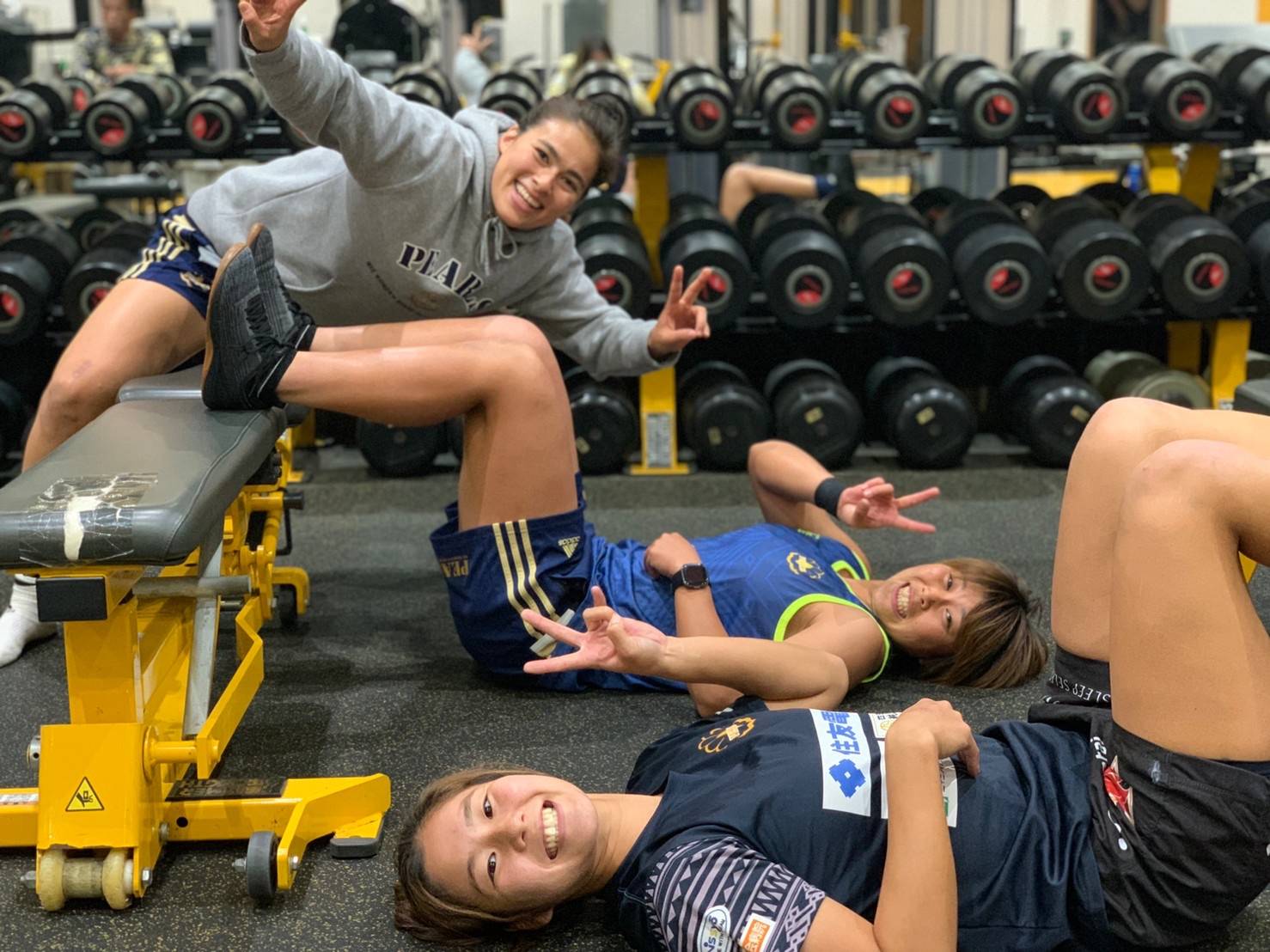Born and raised in Toronto, Japanese 23-year-old Reina Iizuka was the first female in Canadian history to play men’s university tackle football. Upon graduating last year, she moved to Yokkaichi, Mie Prefecture, to play professional women’s rugby for the Suzuka-based Mie Pearls. She talks about her sporting transition and her ultimate dream of representing the Japan national team.
1. You made history playing college football, so why change to rugby? It was just chōkan (intuition). I’ve always been very intuitive. So if I feel something, and I feel like it’s the right direction to go, then I just go for it.
2. How familiar were you with rugby before you moved to Japan? I had watched rugby, but I’d never played it before because my high school didn’t have a rugby team. We had a really good track and field team, and the rugby and track and field seasons were in conflict, so I guess my school chose track over rugby. And every season was basically football season, so there was no time to do anything else anyway.

















With your current subscription plan you can comment on stories. However, before writing your first comment, please create a display name in the Profile section of your subscriber account page.